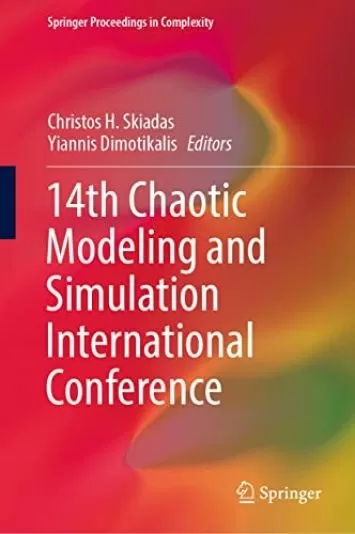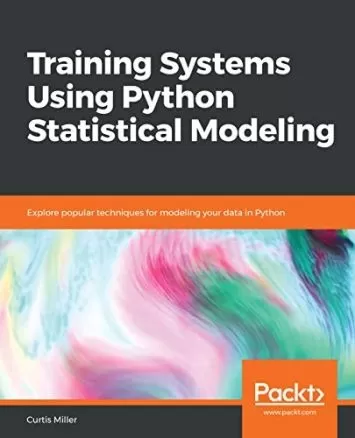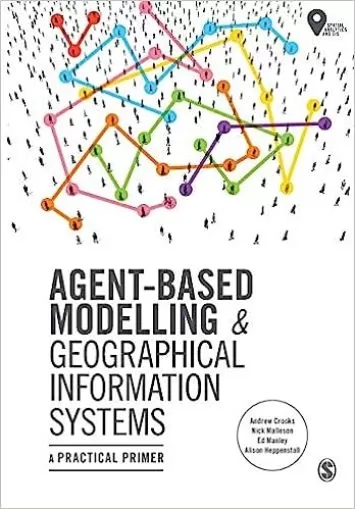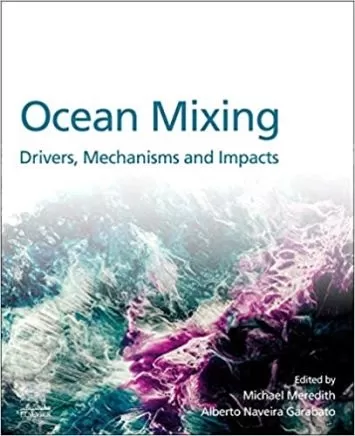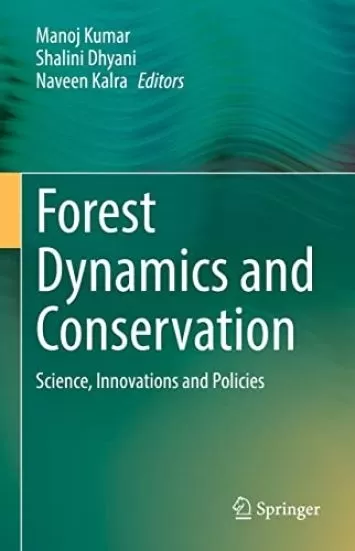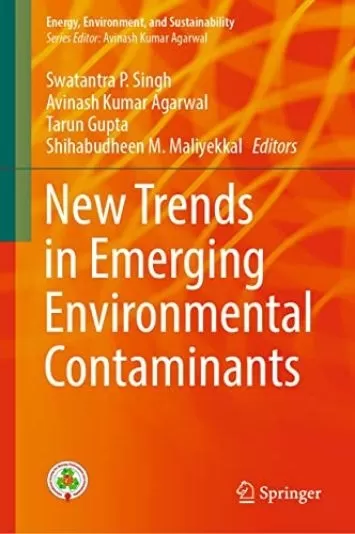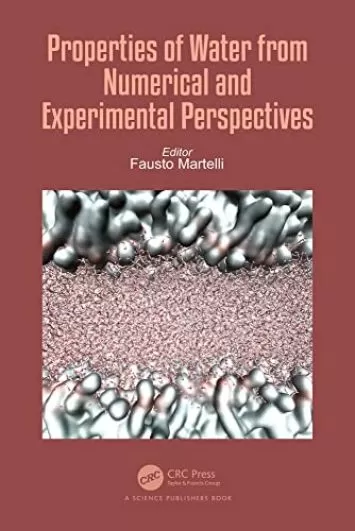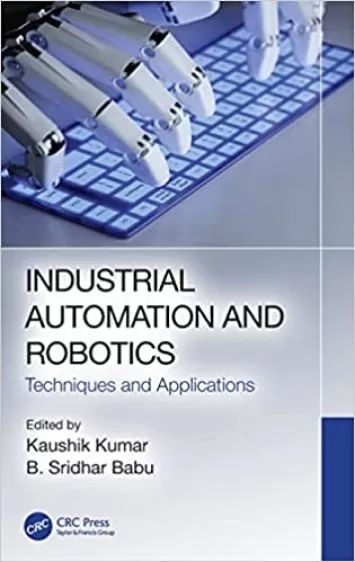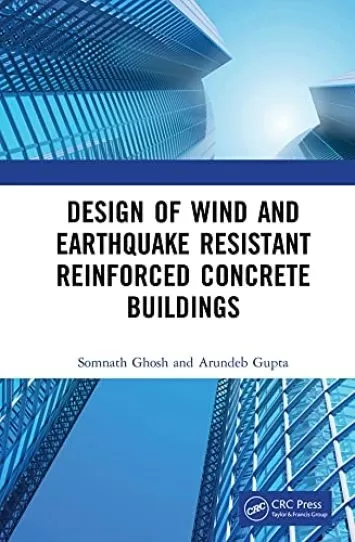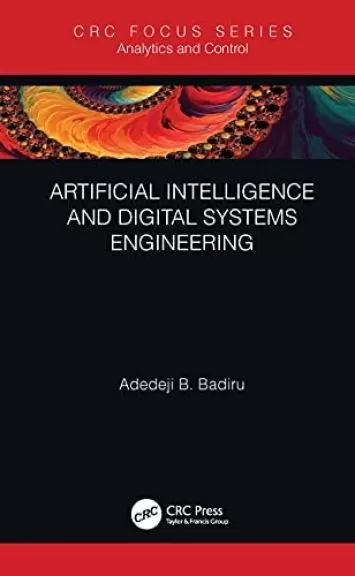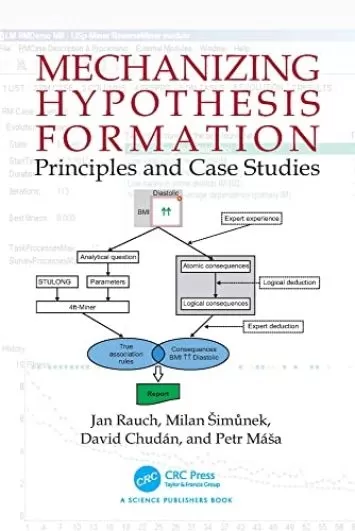
Review
'This is a fantastic addition to the analytical solutions and analytic element modeling canon with a modern approach to programming with Python. I hope readers will use it to learn and explore groundwater theory, and to up their game on making simple reality checks of complex systems to improve all groundwater modeling.'
'The authors do an excellent job of describing practically important calculations, like determining the critical flowrate at which a pumped well starts to induce flow from a nearby river.'
- Michael Fienen, Groundwater - NGWA, Book Review, 7 September 2022
'This is a fantastic addition to the analytical solutions and analytic element modeling canon with a modern approach to programming with Python. I hope readers will use it to learn and explore groundwater theory, and to up their game on making simple reality checks of complex systems to improve all groundwater modeling.'
'The authors do an excellent job of describing practically important calculations, like determining the critical flowrate at which a pumped well starts to induce flow from a nearby river.'
- Michael Fienen, Groundwater - NGWA, Book Review, 7 September 2022
About the Author
Mark Bakker is a groundwater engineer and a professor at the faculty of Civil Engineering and Geosciences of the Delft University of Technology. He has taught groundwater and Python classes for more than two decades and is the originator and co-developer of many Python-based open-source modeling tools, including Timml, Ttim, Pastas, and Flopy.
Vincent Post is a hydrogeologist with research interests in coastal hydrogeology and groundwater quality. After a career in academia and research he founded Edinsi Groundwater in 2021. Python has become indispensable in his everyday professional life, and he actively promotes its use in hydrogeology by teaching courses and developing Python-based tools.








